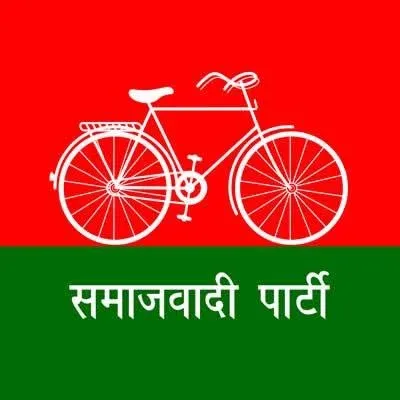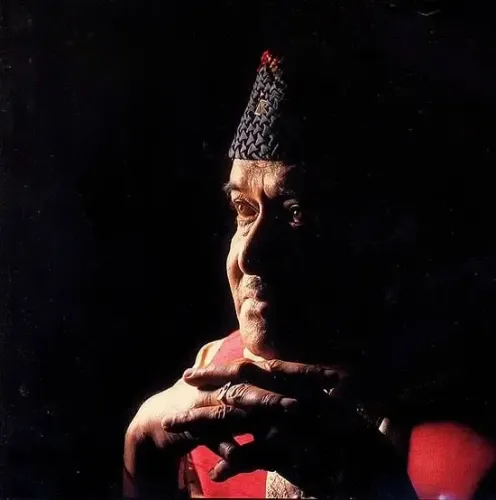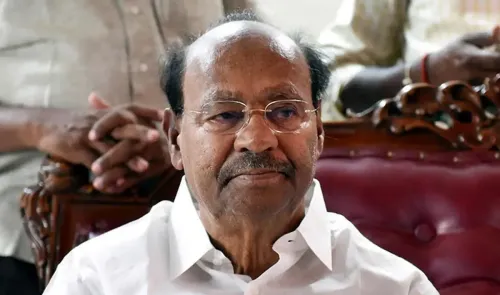Did the Samajwadi Party Challenge the Cancellation of Their Office Allotment in Pilibhit?

Synopsis
Key Takeaways
- The Samajwadi Party has filed a special leave petition with the Supreme Court.
- The case centers on the cancellation of an office allotment in Pilibhit.
- Procedural integrity and political pressures are key issues in this dispute.
- The party intends to contest the legality of the decisions made by local authorities.
- The outcome may have broader implications for local governance in Uttar Pradesh.
New Delhi, Jun 15 (NationPress) The Samajwadi Party has taken its case to the Supreme Court regarding the cancellation of its office allotment in Pilibhit, Uttar Pradesh.
The special leave petition (SLP) submitted to the apex court questions the legitimacy of a ruling by the Allahabad High Court, which had dismissed a writ petition filed by the then Pilibhit District President of the Samajwadi Party. The court also ruled that no permission would be granted to file a new claim on the same matter.
The SLP argues that the former District President acted independently and lacked any directives from the party when he initiated the legal proceedings in his name.
Furthermore, the Samajwadi Party plans to contest the “ill-conceived, abrupt and illegal decisions” made by the Pilibhit Nagar Palika Parishad, but is hindered from doing so due to the ruling which bars them from filing a new claim regarding the cancellation of the allotment.
As stated in the SLP, the party had no prior office in Pilibhit and was granted the premises in question in 2020, with a Letter of Possession issued by the Pilibhit Nagar Palika Parishad.
However, the Executive Officer, in a 2020 order, noted that the proper procedures were not adhered to during the allotment process, including skipping a public auction and failing to register the rent agreement.
“The officials of Nagar Palika Parishad in Pilibhit, including the Executive Officer, did not provide the Petitioner an opportunity for a hearing nor did they take into account relevant facts or laws before issuing the order,” the SLP contends. It also emphasized that the party has consistently paid its annual rent, with payments made up until January 2021.
The SLP states that since the allotment cancellation was not governed by the Public Premises Act, the Executive Officer's order is beyond jurisdiction, as the allotment was authorized by the Pilibhit Nagar Palika Parishad board.
“Acting under political pressure, the Executive Officer of the Municipal Council in Pilibhit, along with his subordinates, has unlawfully interfered with the operations of the petitioner’s office, making numerous attempts to forcibly close the Samajwadi Party office in the district,” the SLP claims.









